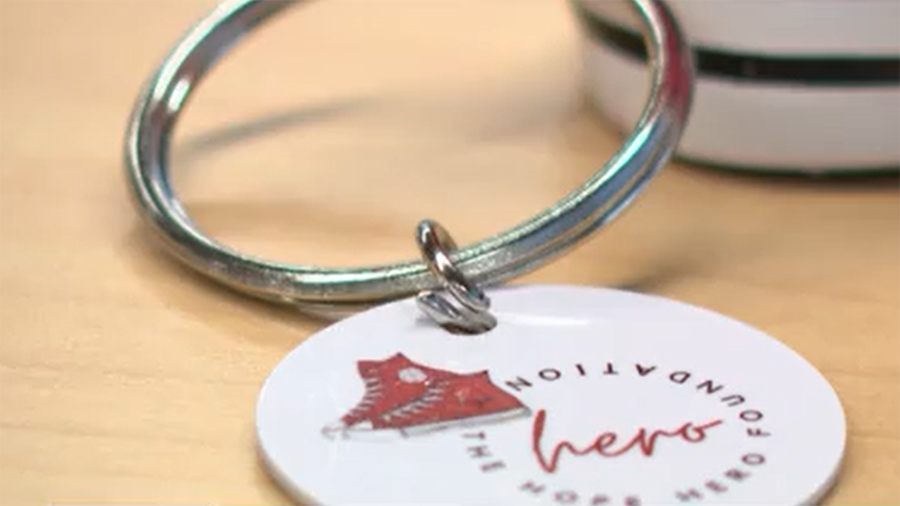Kids In Crisis: What To Look For In Stressed Children, How Parents Can Help
Mar 11, 2021, 7:28 PM | Updated: Mar 12, 2021, 1:10 pm
SALT LAKE CITY, Utah – The prolonged stress and uncertainty of the pandemic have taken a toll on young children and parents need tools to recognize when it is affecting their children and how to help them recover.
In order to do that therapists said it’s important to arm your children with the tools they need to succeed.
When you’re little, you know what you like best: “Maybe recess?” said Eli Carter-Smith, a first grader at Dilworth Elementary in Salt Lake City. During COVID-19, he’s kind of over it.
“This kind of is a big chunk of their life. They’re only 6, to spend a whole year doing this,” said Abbie Carter-Smith, Eli’s mother. She said her easy-going child started acting out over the past year. “Hitting his sister, hitting his parents. Getting mad, screaming,” she said.
These are all signs parents should watch for in assessing their child’s emotional wellness. Dr. Quincey Atkin is a child psychologist with Intermountain Healthcare who teaches her young patients “emotional wisdom,” the ability to recognize and express feelings, while still making good decisions.
“My challenge to most kids is — do one brave thing a day that puts you beyond your comfort zone, but for a good reason,” Atkin said.
That starts with helping them manage stress. “When we focus on our breathing, our brain pays attention. And when our brain pays attention, it means it’s moving to the more helpful part of our brain that can help us make the decisions,” Atkin said. “Teaching a child to ‘chase trace’ their hand and, ‘Breathe in and breathe out. Breathe in, breathe out.’ All we need is five minutes.”
Her advice for parents: talk to your children about the importance of thoughts.
Encourage them to think about change as an adventure – approach it like reading a new book with curiosity and interest. It’s time to worry when: “They’re moving backward a little bit,” Atkins said. “They’re wanting to sleep more in your bedroom with you, or they’re seeming more clingy, or they’re crying more, or they just seem more irritable.”
Get professional help sooner rather than later. Therapy can build resilience and prevent things from getting worse.
It’s mostly blue skies now that Eli is back at school.
“We’re definitely seeing the light at the end of the tunnel,” said Abbie Carter-Smith.
With a little help from friends, like his Chihuahua mix, Henry, Eli is hopefully closing a chapter of a tough story.
You don’t have to do this alone. Many schools are creating programs to help children with emotional support.
Also, there are apps for kids to teach guided meditation, and mindfulness.
Here are some resources:
Building Resiliency In Children
SUICIDE PREVENTION RESOURCES
If you or someone you know is experiencing suicidal thoughts or exhibiting warning signs, call the Utah State Crisis Line: 1-800-273-TALK (8255).
Additional Crisis Hotlines
- National Suicide Prevention Crisis Text Line: Text “HOME” to 741-741
- Trevor Project Hotline for LGBTQ teens: 1-866-488-7386
Online resources
In an emergency
- Call 911
- Go to the emergency room















